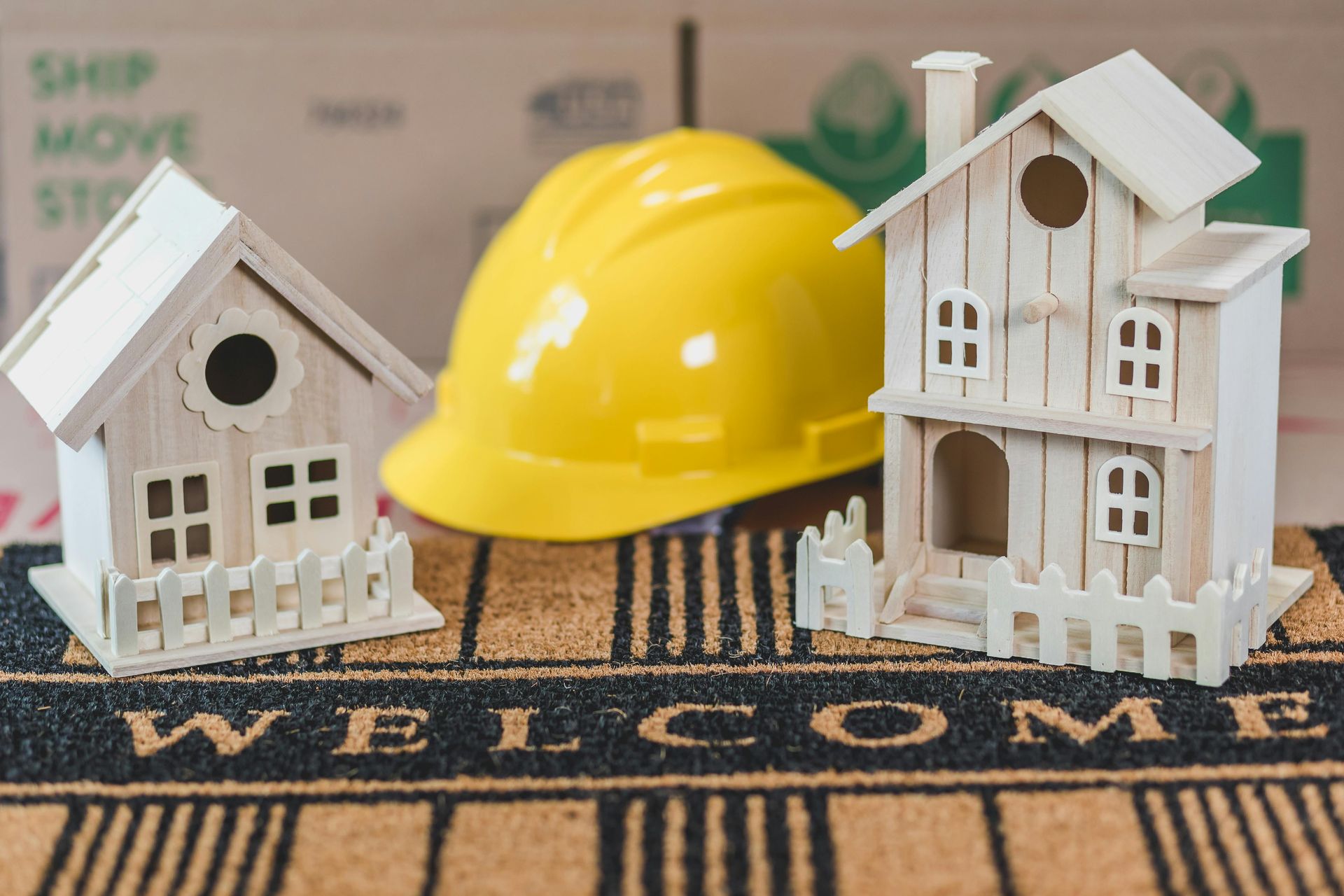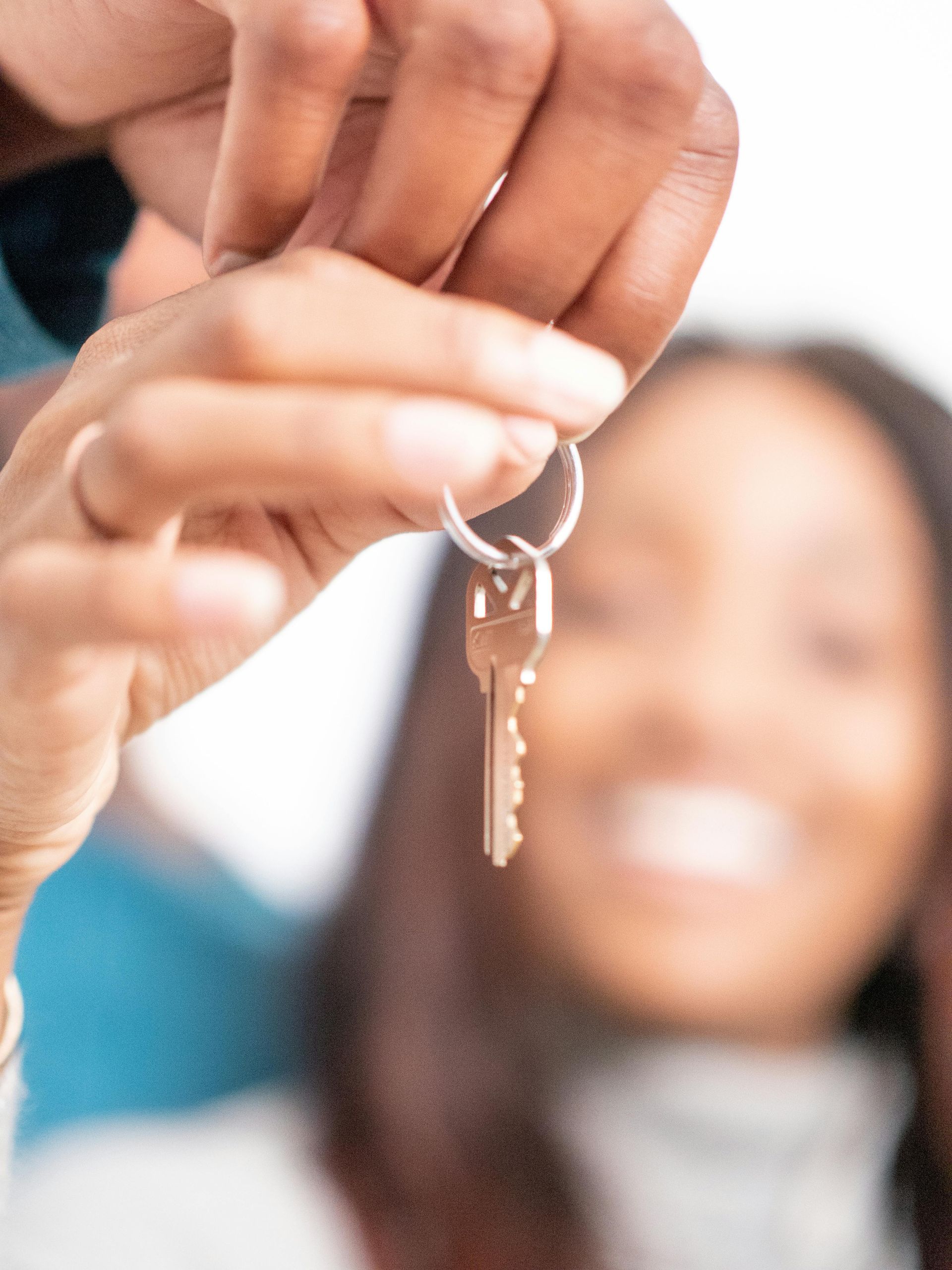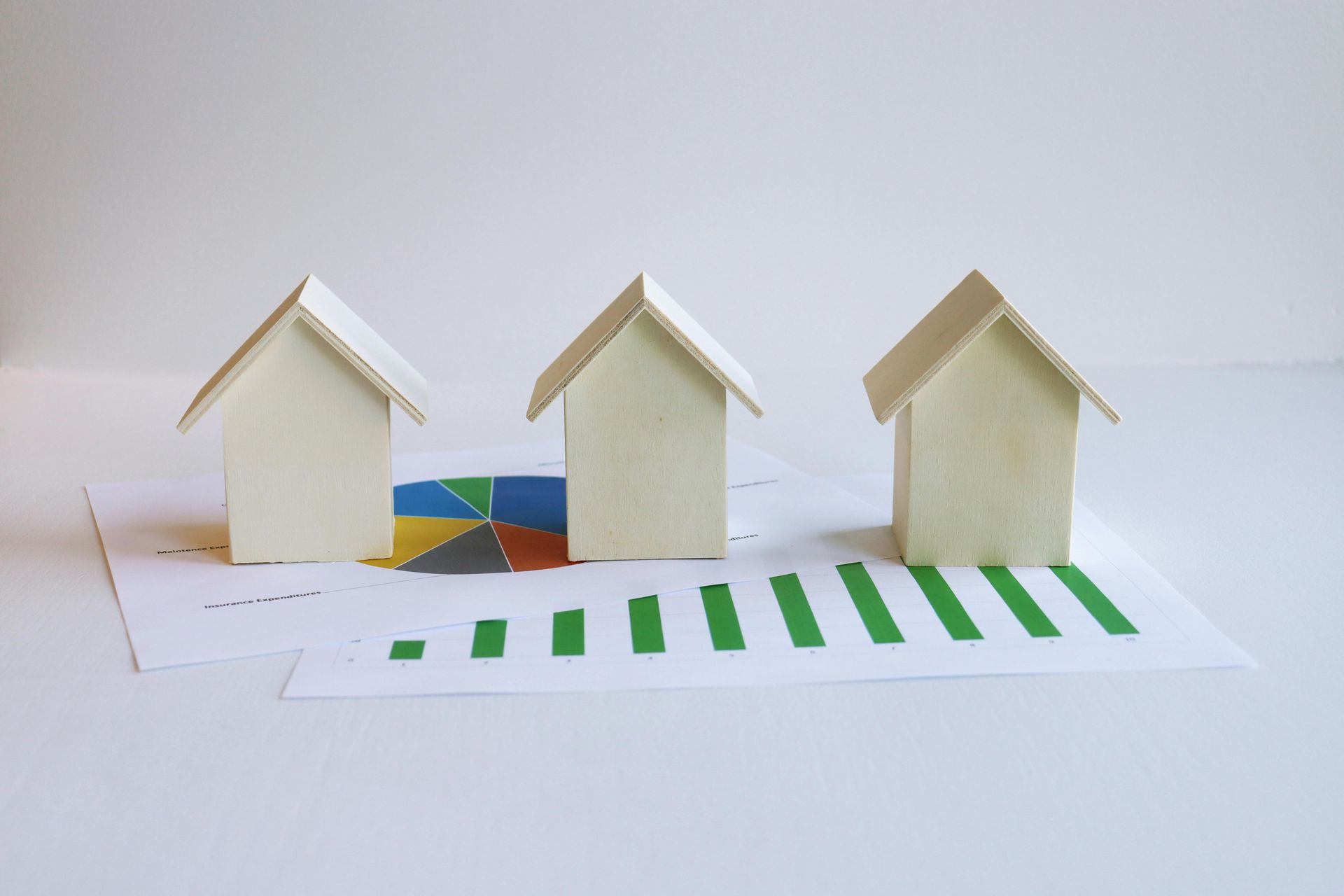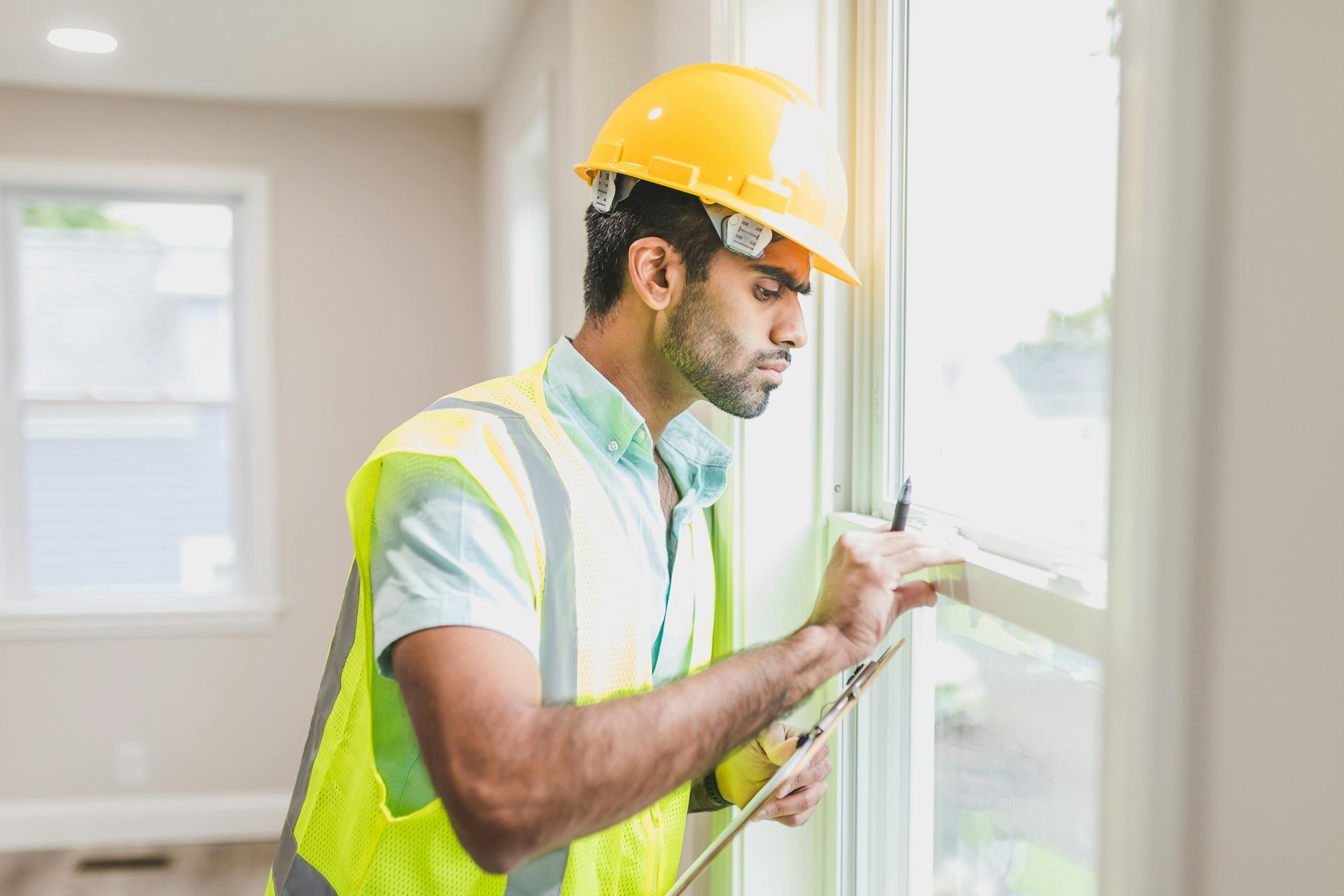🌿 The Living Palette: Why Every Home Needs a Touch of Green — Inside and Out
✨ “Green” Matters More Than Ever

Design trends come and go, but one timeless truth remains:
A home that connects to nature simply feels better.
In a region growing as quickly as Collin County and Greater DFW, green space has become more than aesthetic preference — it’s a daily necessity. As new construction expands, schedules quicken, and digital demands increase, greenery — inside and out — now plays a vital role in supporting balance, calm, and well-being.
Modern research affirms what instinct already knows.
The American Psychological Association
notes that exposure to natural elements reduces stress, improves mood, and increases focus. Harvard’s Nature and Health Initiative
reports that people in greener environments experience stronger social bonds, more physical activity, and greater overall satisfaction.
Whether it’s a leafy backyard in McKinney, a shaded patio in Allen, or a few thoughtfully placed indoor plants on a Prosper townhome balcony, greenery isn’t a luxury add-on — it’s part of a healthier, more grounded way of living.
🌱 A Brief History of Green in Home Design
For generations, homes were built in rhythm with nature.
Before HVAC systems controlled every degree of our comfort, shade trees and cross-breezes did the work. Gardens softened architectural lines; porches bridged the gap between the indoors and the open air.
Victorian homes elevated indoor greenery with palms and ferns.
Mid-century modern design opened walls with glass and courtyards.
But rapid suburban growth often replaced natural softness with pavement and efficiency.
Now, homeowners are rediscovering what earlier generations understood:
Too much concrete and not enough canopy strains both the environment and the spirit.

🍃 The Modern Case for Green: Health, Value & Harmony
🧠 1️⃣ Mental and Physical Well-Being
- Plants and natural views reduce stress responses and improve mood (APA).
- Even small moments of nature — a window view, a single plant — offer measurable psychological relief.
- Biophilic design is increasingly used to counterbalance today’s screen-heavy lifestyles.
🏡 2️⃣ Home Appeal & Buyer Perception
- Harvard research shows people feel more connected and content in greener environments.
- Homes with visible greenery simply show better — photographs feel calmer, rooms feel more alive, and buyers stay longer during showings.
- Green elements help modern spaces feel less stark and more emotionally inviting.
☀️ 3️⃣ Environmental & Economic Benefits
- According to the U.S. Forest Service, a single mature tree can lower nearby air temperatures by up to 9°F.
- Thoughtful placement of trees and shrubs can cut summer cooling costs by 20–25%.
- Native plants reduce water waste and maintenance — essential in North Texas’ shifting climate cycles.

🌿 Why Green Is Most Needed Where It’s Hardest to Find
In rural settings, nature surrounds you effortlessly.
But in urban and suburban cores — Allen, Frisco, Plano, McKinney — nature must be invited back intentionally.
Urban planners now emphasize “micro-greenery”:
Small, strategic touches of nature (a single tree, a balcony planter, a pocket garden) that support mental clarity and soften urban density.
To put it simply: You don’t need acres of lawn.
Sometimes a sunny windowsill with a fern or a shaded patio with a single pot of herbs can provide meaningful calm and connection.
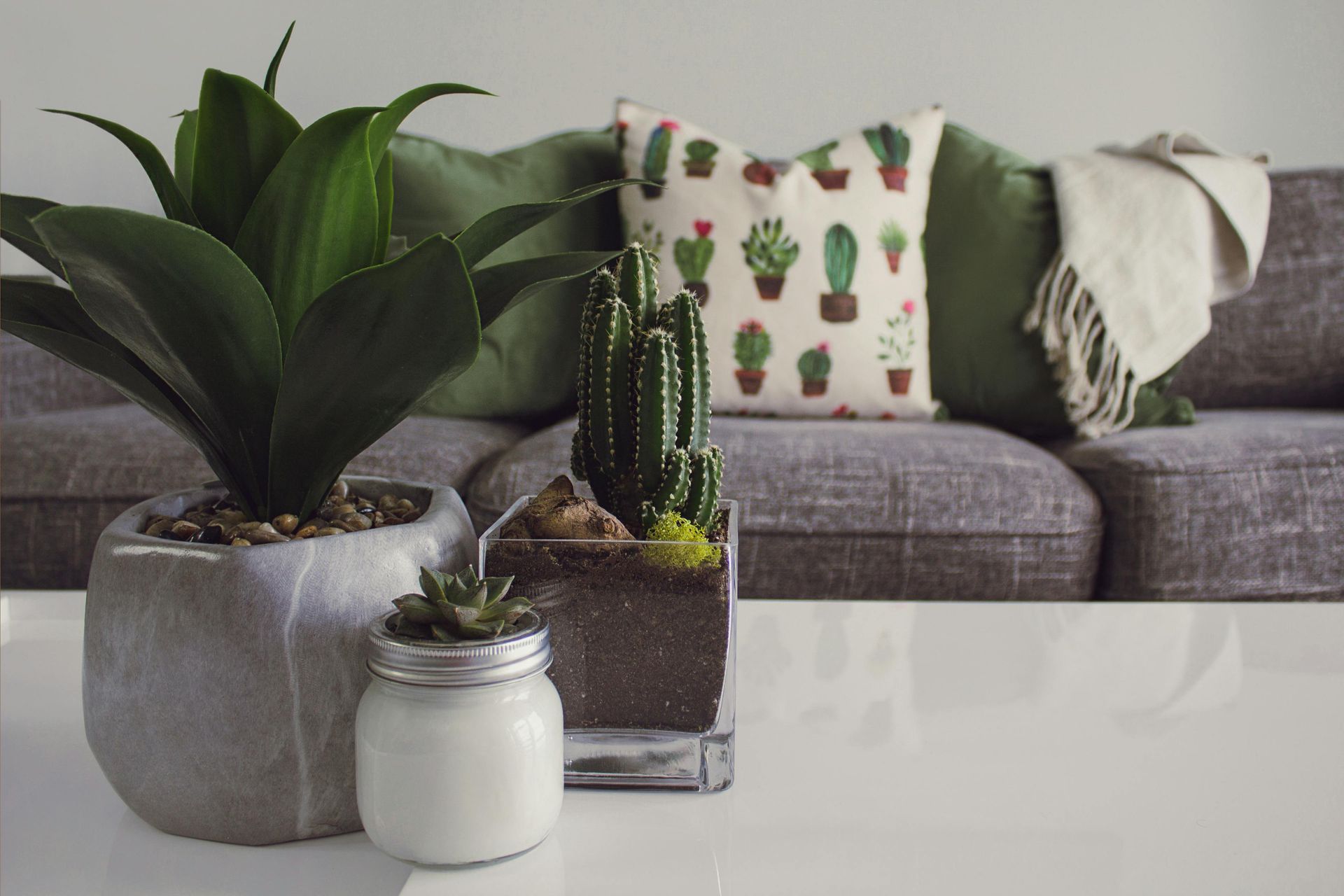
🌼 Bringing Green Indoors: Practical, Beautiful Ideas
🪴 Easy Indoor Plants for North Texas Homes
These thrive with minimal fuss:
- Snake Plant
- ZZ Plant
- Pothos
- Peace Lily
Group plants in odd numbers, mix heights, and place near windows or mirrors for amplified light and texture.
🎨 Using Color & Materials
If low light or frequent travel limits live plants, bring nature inward with:
- Greens like sage, juniper, or moss
- Artwork featuring botanical themes
- Natural materials such as oak, rattan, cane, linen, or jute
Green’s balanced wavelength is naturally soothing to the human eye — part of its timeless psychological appeal.
🪟 Frame Nature With Your Layout
Position furniture toward windows.
A view of a single tree, garden bed, or open sky improves perceived space, satisfaction, and mood.

🌳 Cultivating Green Outside the Home
🌤️ Native Landscaping for North Texas
Texas A&M AgriLife praises these drought-tolerant, low-maintenance plants:
- Texas Sage
- Yaupon Holly
- Lantana
- Gulf Muhly Grass
They support native wildlife, thrive in extreme weather swings, and add four-season beauty.
🚶 Designing Purposeful Outdoor Living
Outdoor green is about livability, not luxury.
Try:
- Shade seating under a mature tree
- Planters framing patios
- Lighting that highlights greenery after dark
Local communities like Windsong Ranch (Prosper), Stonebridge Ranch (McKinney), Painted Tree (McKinney), and Watters Creek (Allen) demonstrate how greenery supports walkability, wellness, and neighborly connection.
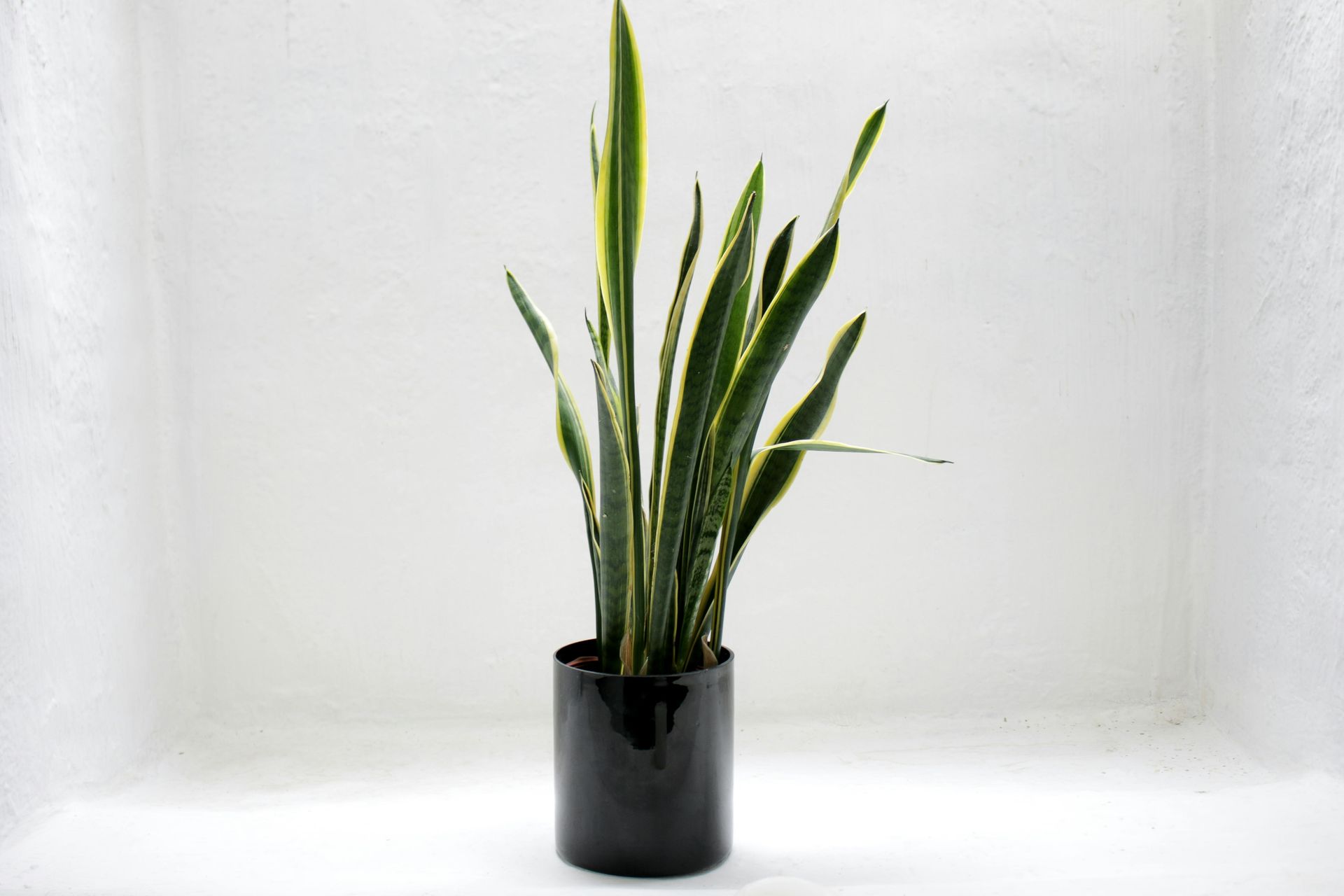
🪞 Why Buyers Notice — Even If They Can’t Explain Why
A buyer may not say, “I love this home’s foliage,”
but they feel it.
Nature softens hard edges, cools color palettes, and signals stewardship.
It balances modern materials and subconsciously communicates vitality, peace, and care.
Even a single potted plant can make a kitchen, bathroom, or entryway more welcoming — and more photogenic.
Homes that breathe, sell.
🏡 For Homeowners & Sellers
If you're refreshing your home or preparing for the market:
- Highlight natural features: trim trees, refresh mulch, frame outdoor views.
- Stage with greenery: add plants in corners or on counters.
- Use color thoughtfully: neutrals paired with natural greens create comfort and flow.
These small touches make a home feel happier — and more desirable.
🪞 A Final Reflection
In a world that’s speeding up, green remains the simplest pause button.
It cools our homes, calms our minds, and reconnects us to rhythms that walls and screens can’t replicate.
Whether it’s a backyard full of shade or a single plant on a high-rise balcony, green reminds us that growth is always possible.
At Cindy Coggins Realty Group, we believe every home — and every homeowner — deserves that sense of grounding.
📞 Call or Text: (469) 499-7452
📧 Email:
cindycoggins@kw.com
Sources:
• American Psychological Association — “How Nature Helps Mental Health.”
https://www.apa.org/monitor/2020/04/nurtured-nature
• American Psychological Association — Environmental Psychology Overview.
https://www.apa.org/topics/environmental-psychology
• Harvard T.H. Chan School of Public Health — “Nature and Health.”
https://www.hsph.harvard.edu/nature-health/
• U.S. Forest Service — “Benefits of Urban Trees.”
https://www.fs.usda.gov/ccrc/topics/urban-trees
• U.S. Forest Service — “Why Trees Matter.”
https://www.fs.usda.gov/naspf/education/why-trees-matter
• Texas A&M AgriLife Extension — Native Plants for Texas Landscapes.
https://agrilifeextension.tamu.edu/library/gardening/earth-kind-landscape-management-native-plants/
• National Association of REALTORS® — “Remodeling Impact Report: Outdoor Features.”
https://www.nar.realtor/research-and-statistics/research-reports/remodeling-impact

